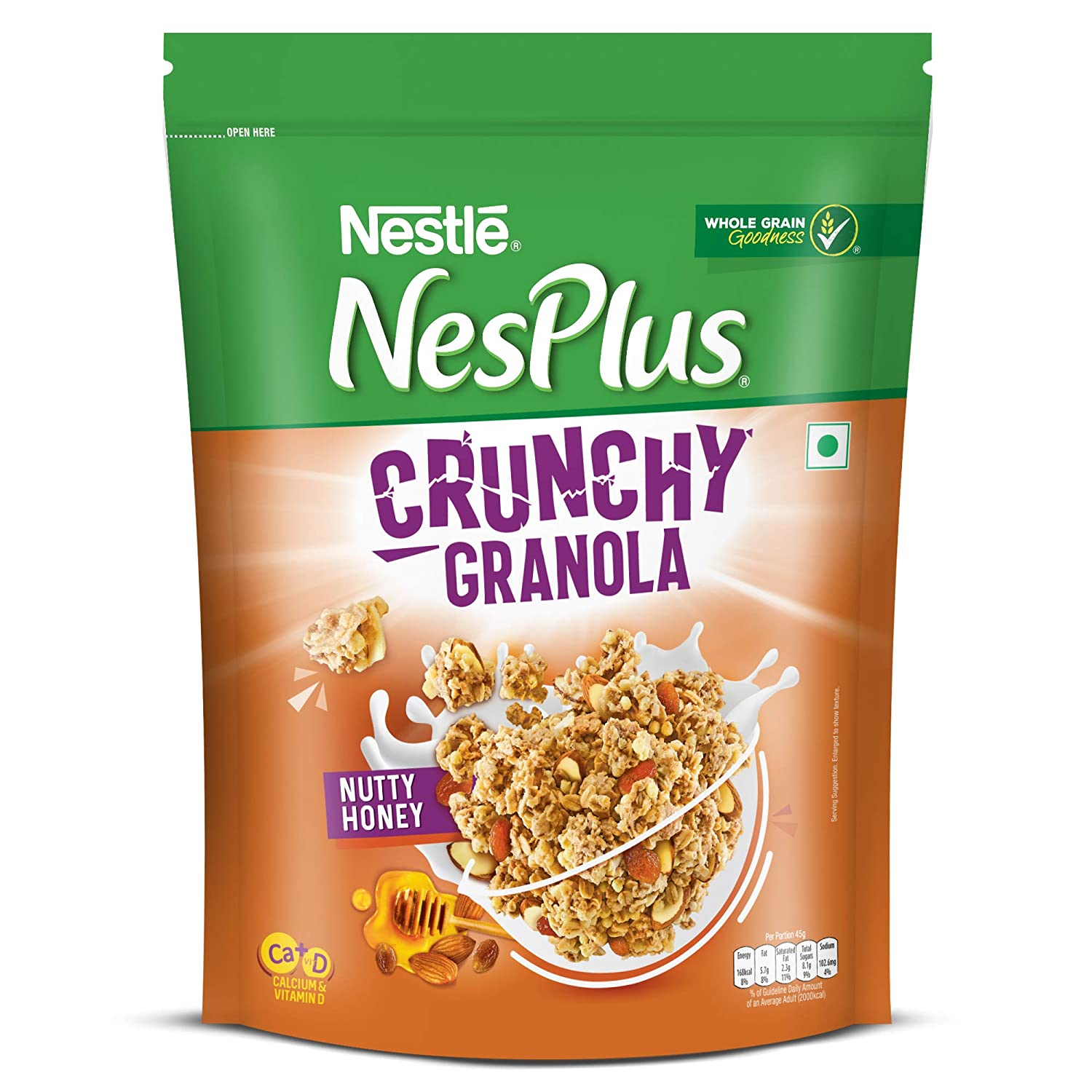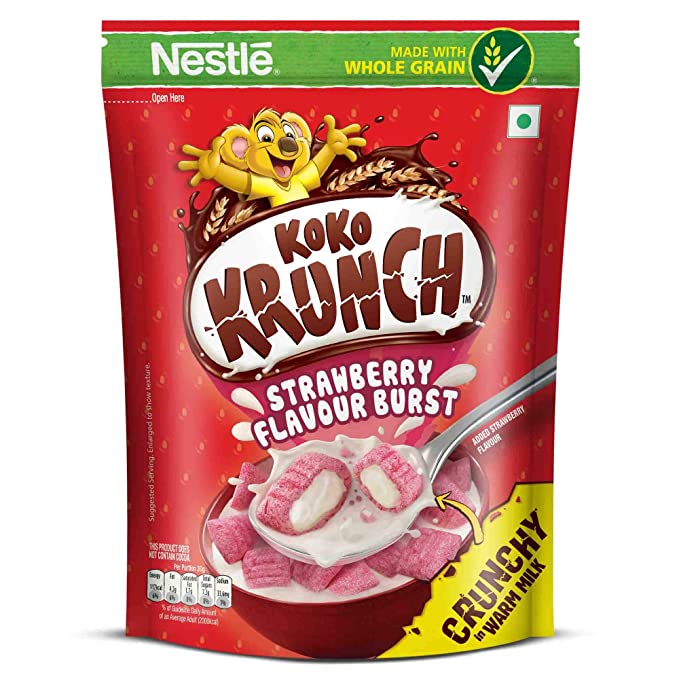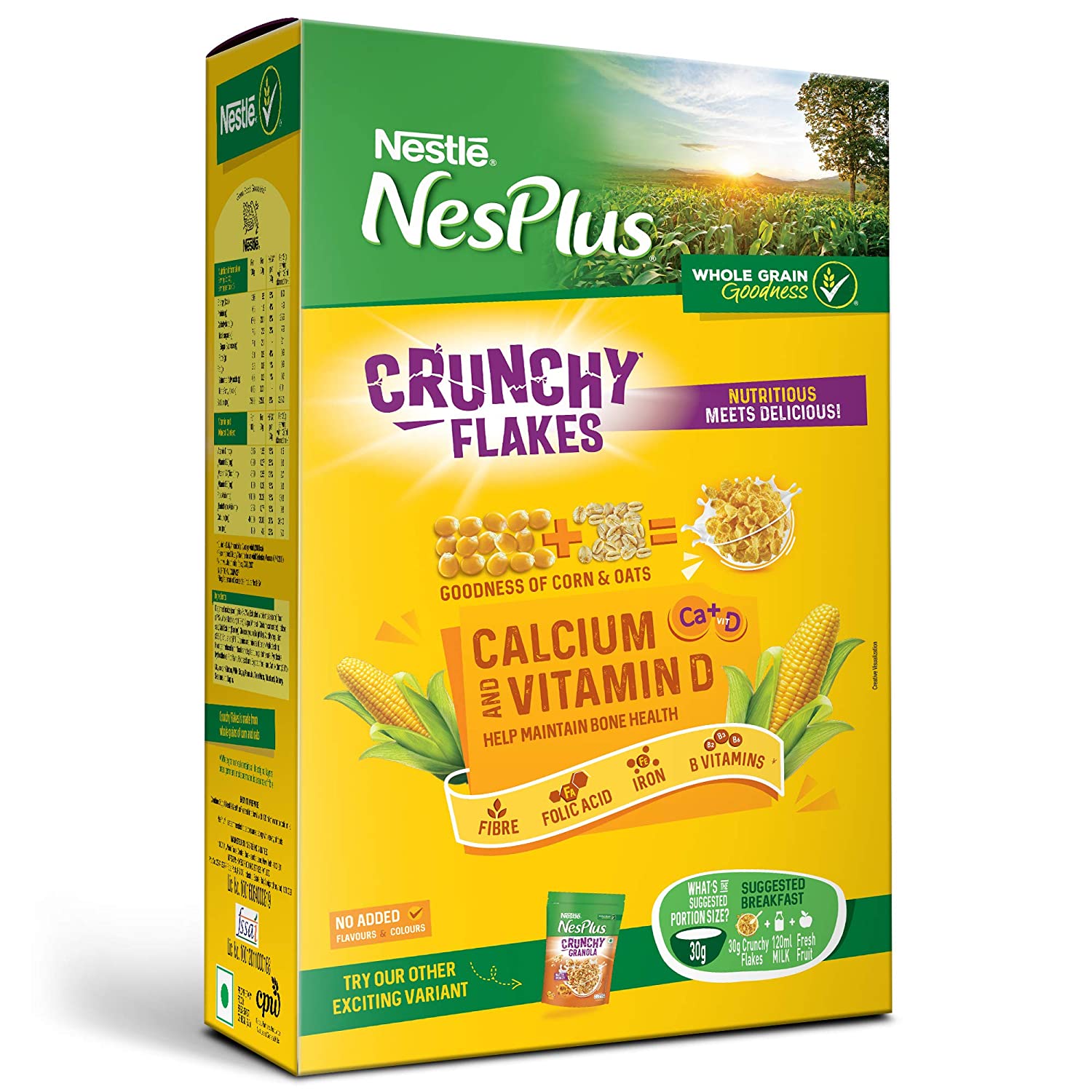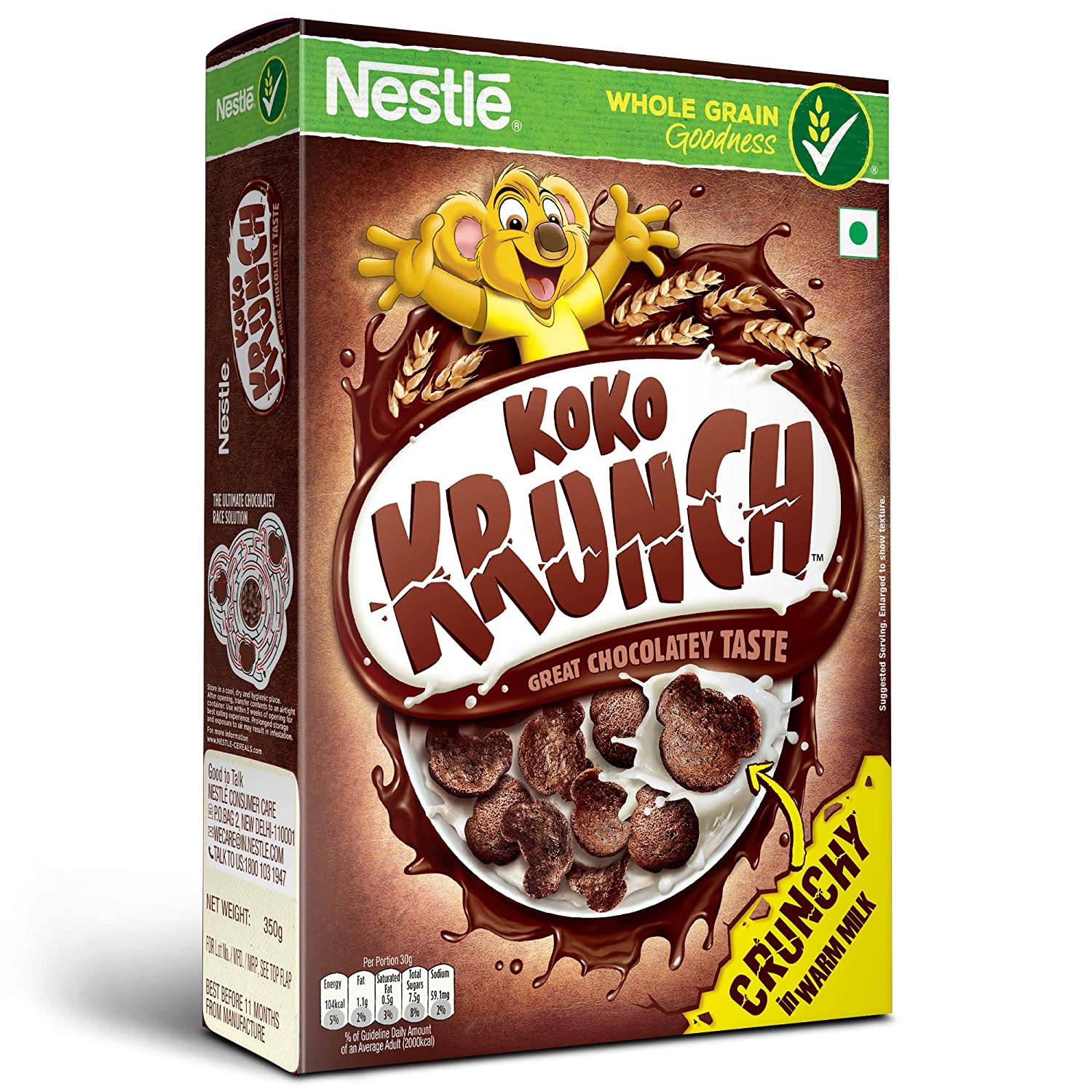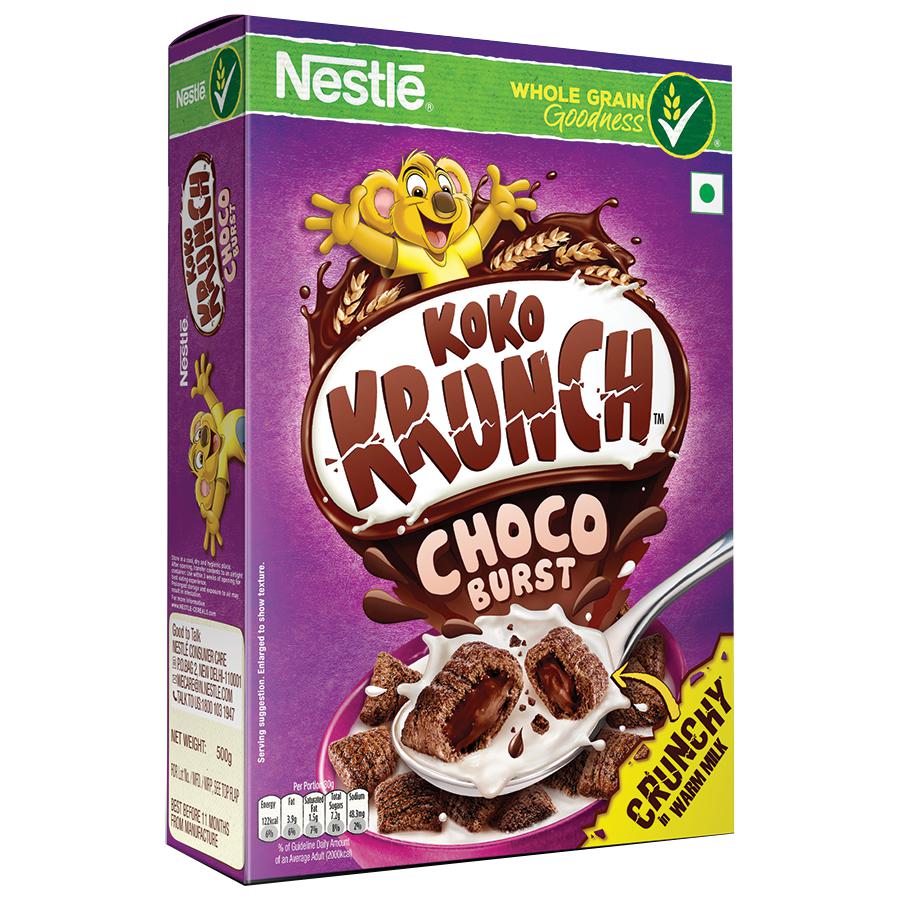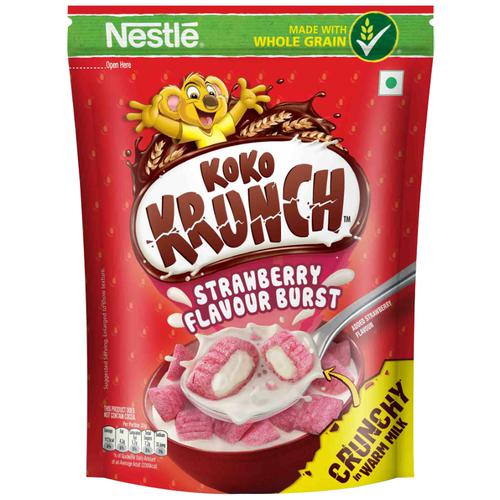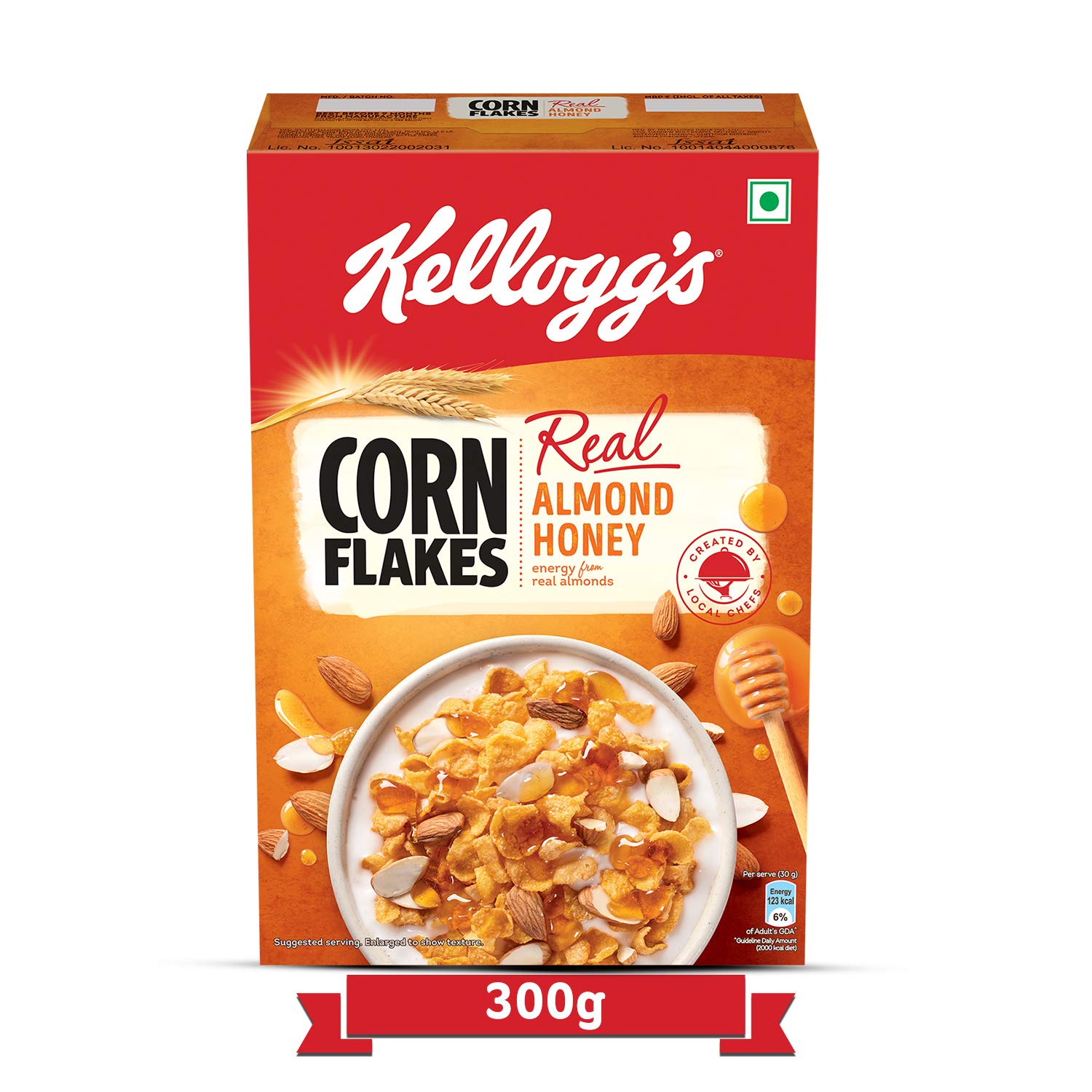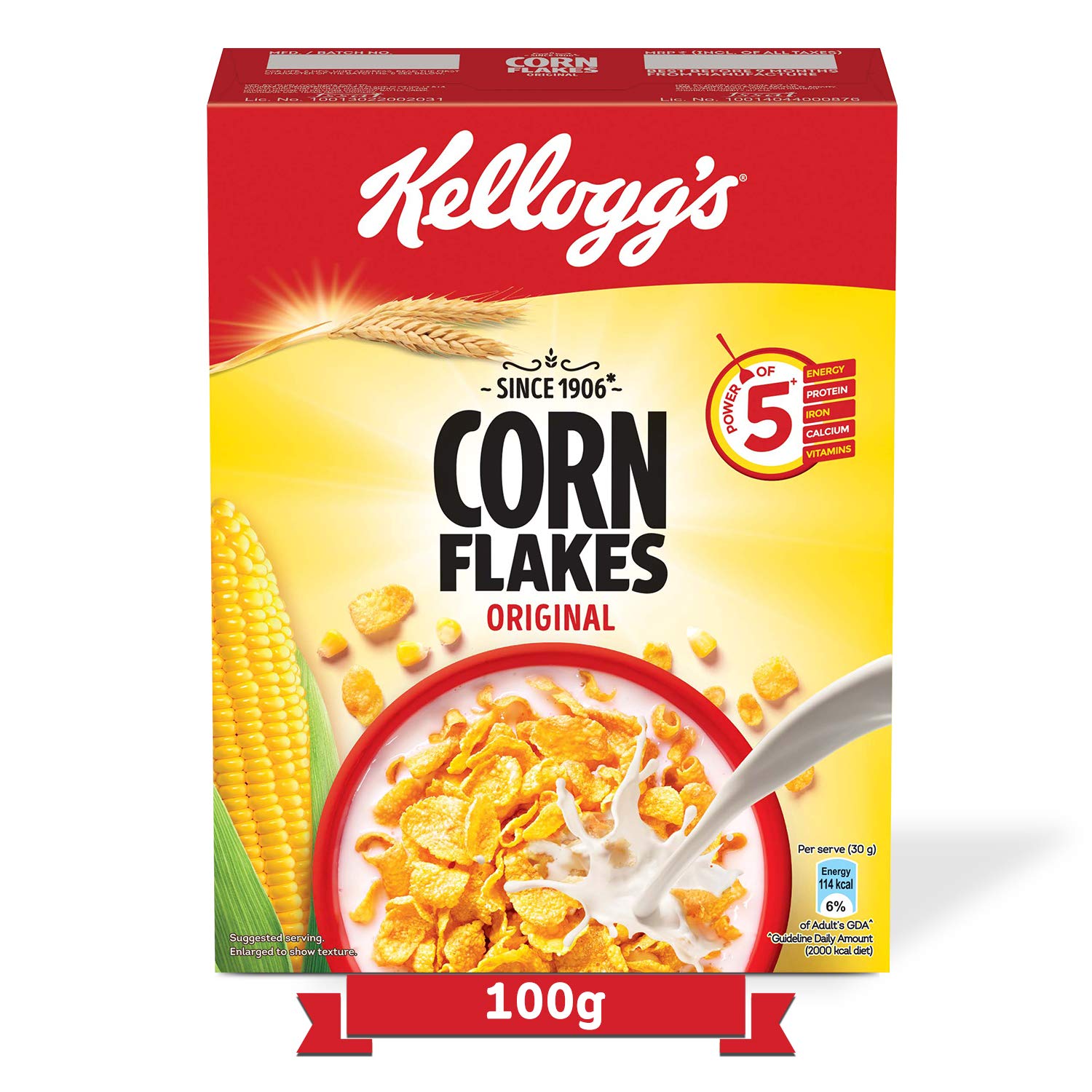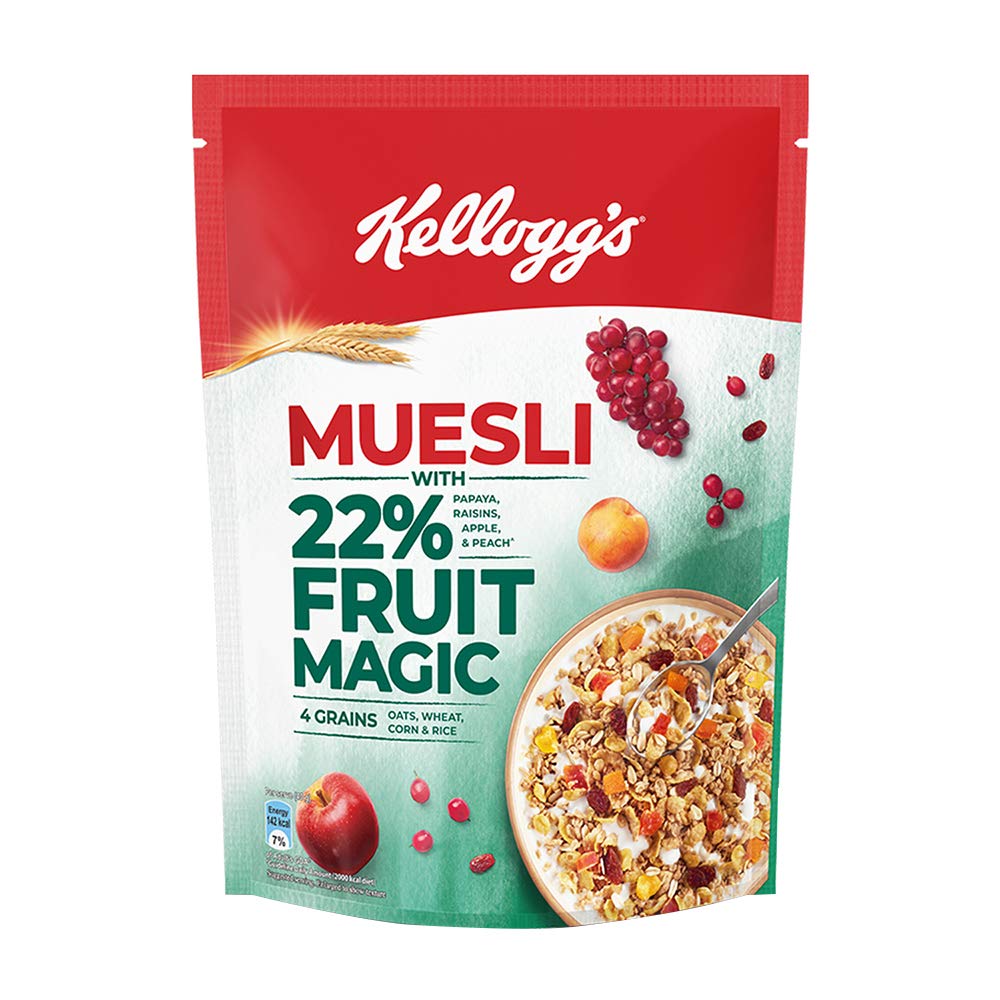Vitamin B2 (Riboflavin)
Micronutrient
Last update date: October 11, 2023
Vitamin B2 is also known as riboflavin. It is important for body growth and helps in red blood cell production.
Frequently Asked Questions
1.
What is Vitamin B2 (Riboflavin)?
Vitamin B2, or riboflavin, is an essential nutrient that can be found naturally in foods, added to foods, or taken as a supplement. While some riboflavin is produced by bacteria in the gut, it is usually not sufficient to meet our dietary needs. Riboflavin plays a crucial role as a component of coenzymes involved in cell growth, energy production, and the metabolism of fats, steroids, and medications. The body primarily utilizes riboflavin immediately, and any excess is excreted in urine, often causing it to appear bright yellow. A deficiency in riboflavin can lead to various health problems, including brain and heart disorders, as well as certain types of cancers. It is important to obtain riboflavin from dietary sources to support overall health.
2.
What is positive impact of Vitamin B2 (Riboflavin)?
Vitamin B2 has a a number of benefits to our health like it maintains healthy liver, promotes well-being of eyes, skin, nerves and muscles. It is also a crucial nutrient that promotes the absorption of other nutrients like iron, folic acid, and other B vitamins. B2 also helps build a strong and robust digestive system and supports hormone production by the adrenal glands. Antioxidants are needed in the body too and Vitamin B2 (Riboflavin) also acts as an antioxidant reducing oxidative stress nad inflammation in the body. At cell level, B2 also maintains normal mitochondrial activity which is essential for efficient energy production in cells.
3.
What is negative impact of Vitamin B2 (Riboflavin)?
Consumption of Riboflavin does not have any notable negative impacts and thus it is considered safe for almost all individuals. B2 is a water soluble vitamin which means that any excess B2 in the body is usually excreted out with urine.
4.
Who should avoid Vitamin B2 (Riboflavin)?
In general, there are no specific groups of individuals who should avoid consuming vitamin B2 (riboflavin). It is a nutrient that should be consumed by all in the right quantities to support overall health. However, if you have specific health conditions or concerns, it is advisable to consult with a healthcare professional for personalized advice.
5.
What are common sources of Vitamin B2 (Riboflavin)?
You can find vitamin B2 (riboflavin) in various food sources. Including these foods in your diet can help ensure an adequate intake of riboflavin and support your overall health and well-being. Good sources of riboflavin include soybeans, almonds, and other nuts, grains like wheat, tuna, egg yolks, and red meat. These foods are easily accessible and can be incorporated into your meals and snacks to meet your riboflavin needs. Remember to choose a diverse range of foods to obtain a balanced intake of nutrients.
6.
Which are symtoms of Vitamin B2 (Riboflavin) deficiency?
To maintain optimal health, it is crucial to ensure an adequate intake of vitamin B2 (riboflavin) to prevent deficiencies. Vitamin B2 deficiency can occur due to two primary reasons: Primary deficiency: This occurs when your diet lacks foods rich in vitamin B2. To avoid this type of deficiency, it is essential to include vitamin B2-rich foods in your daily meals. Secondary deficiency: This type of deficiency arises from factors other than poor diet. It can happen when your intestines are unable to absorb vitamin B2 properly, your body cannot utilize it efficiently, or when the vitamin is excreted too rapidly. To prevent riboflavin deficiency or ariboflavinosis, it is important to consume foods that are good sources of vitamin B2 regularly. Symptoms of vitamin B2 deficiency may include: Visible cracks at the corners of your mouth, known as angular cheilitis Cracked and dry lips, as well as other skin deformities Inflammation of the tongue and lining of the mouth Mouth ulcers Red lips Sore throat Scrotal dermatitis Anaemic conditions Fluid accumulation in mucous membranes Itchy, watery, and bloodshot eyes


